From the Director
This past academic year witnessed a surge of programming activity at the Cogut Institute. In part the result of pent-up desire for intellectual engagement due to the extended pandemic, it also underscores the deep investment of our community of scholars in research that expands our capacity to respond to our present challenges and crises in meaningful ways.
We hosted or cosponsored a record 57 research-based and community-building events and conferences on topics such as climate change, disability and race, and the interplay of religious belief and history. Our flagship Greg and Julie Flynn Cogut Institute Speaker Series brought three high-profile speakers to campus for particularly timely conversations about the importance of independent news media to democracy, Asian American experiences, and the impact of AI on human thinking.
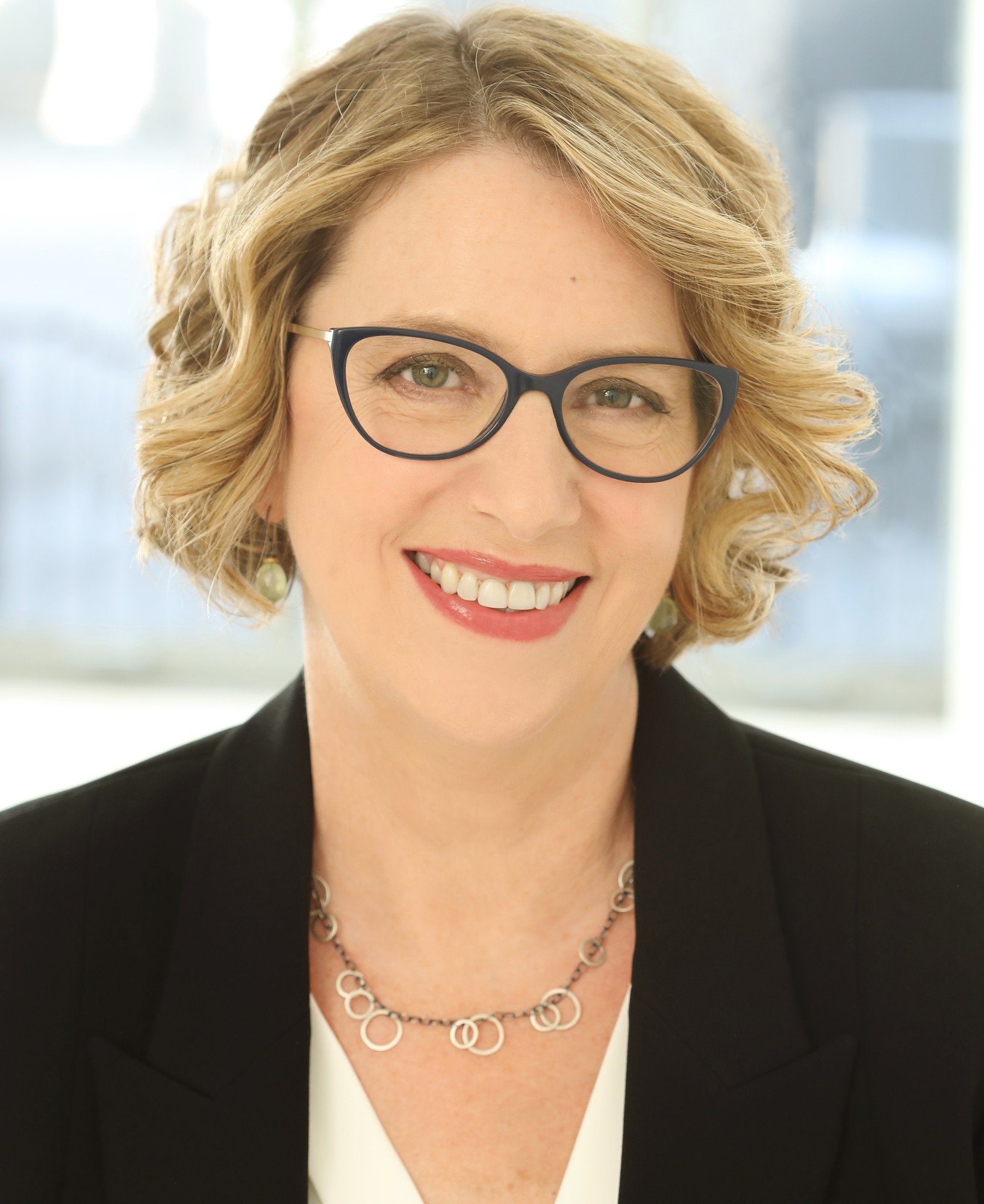
%20Poster%20copy.jpg)
%20Poster%20copy.jpg)
%20Poster%20copy.jpg)
%20copy.jpg)
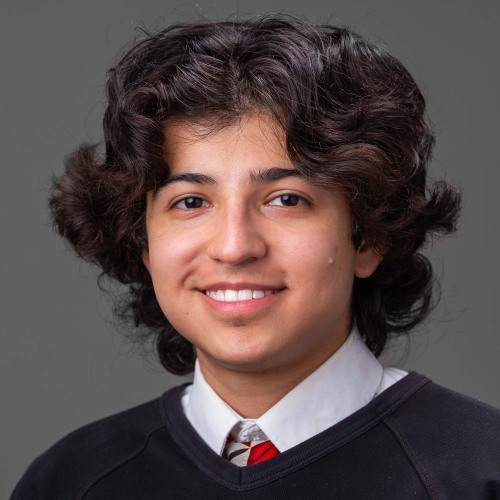
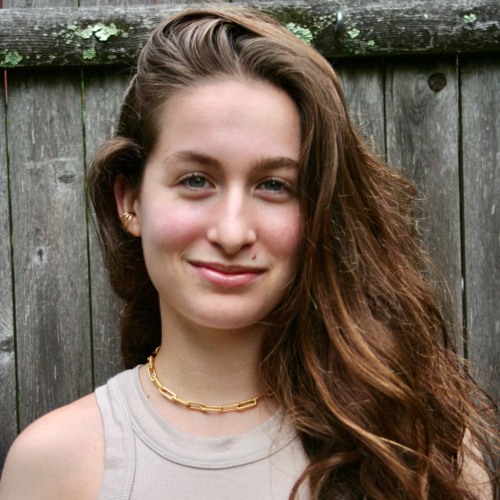
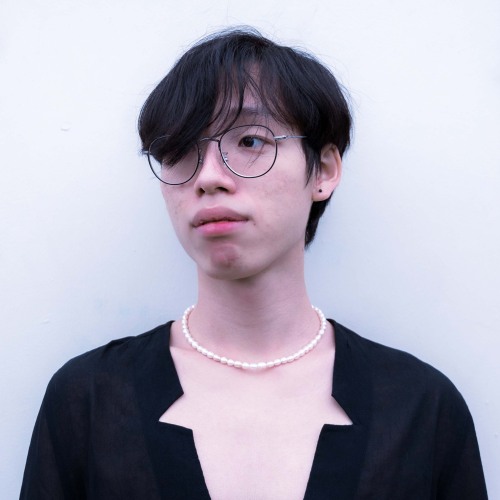
![photo of Ren L[i]u](/sites/default/files/styles/square_xsml/public/2022-06/Ren%20L%5Bi%5Du.jpg?h=c24f93d2&itok=eOj1fmuL)
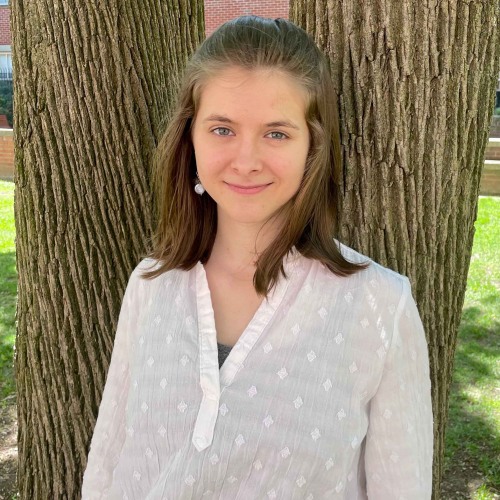
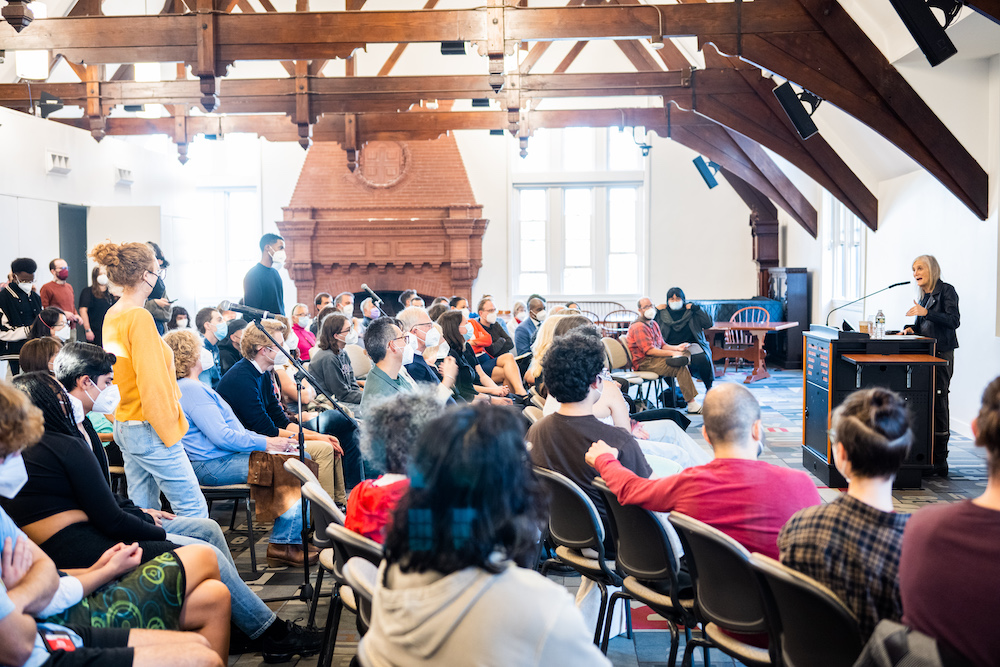
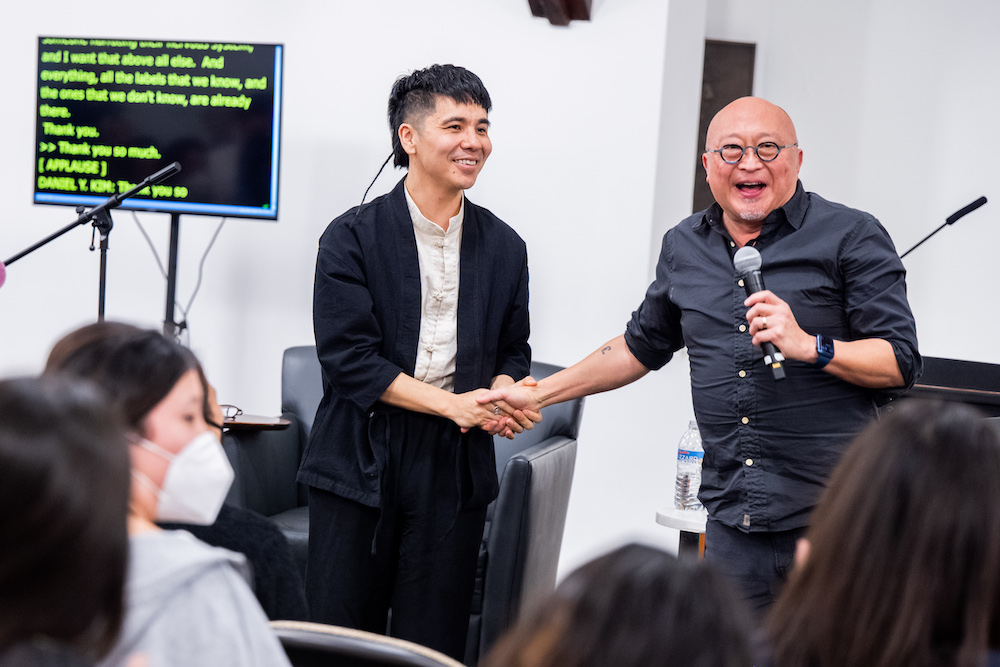
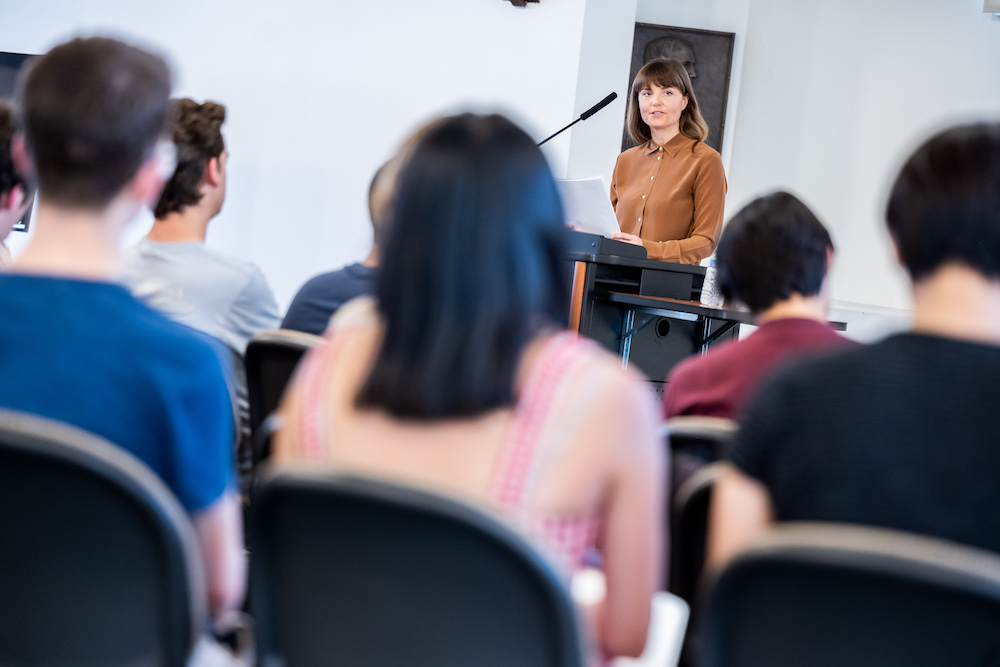
.jpeg)
.jpg)